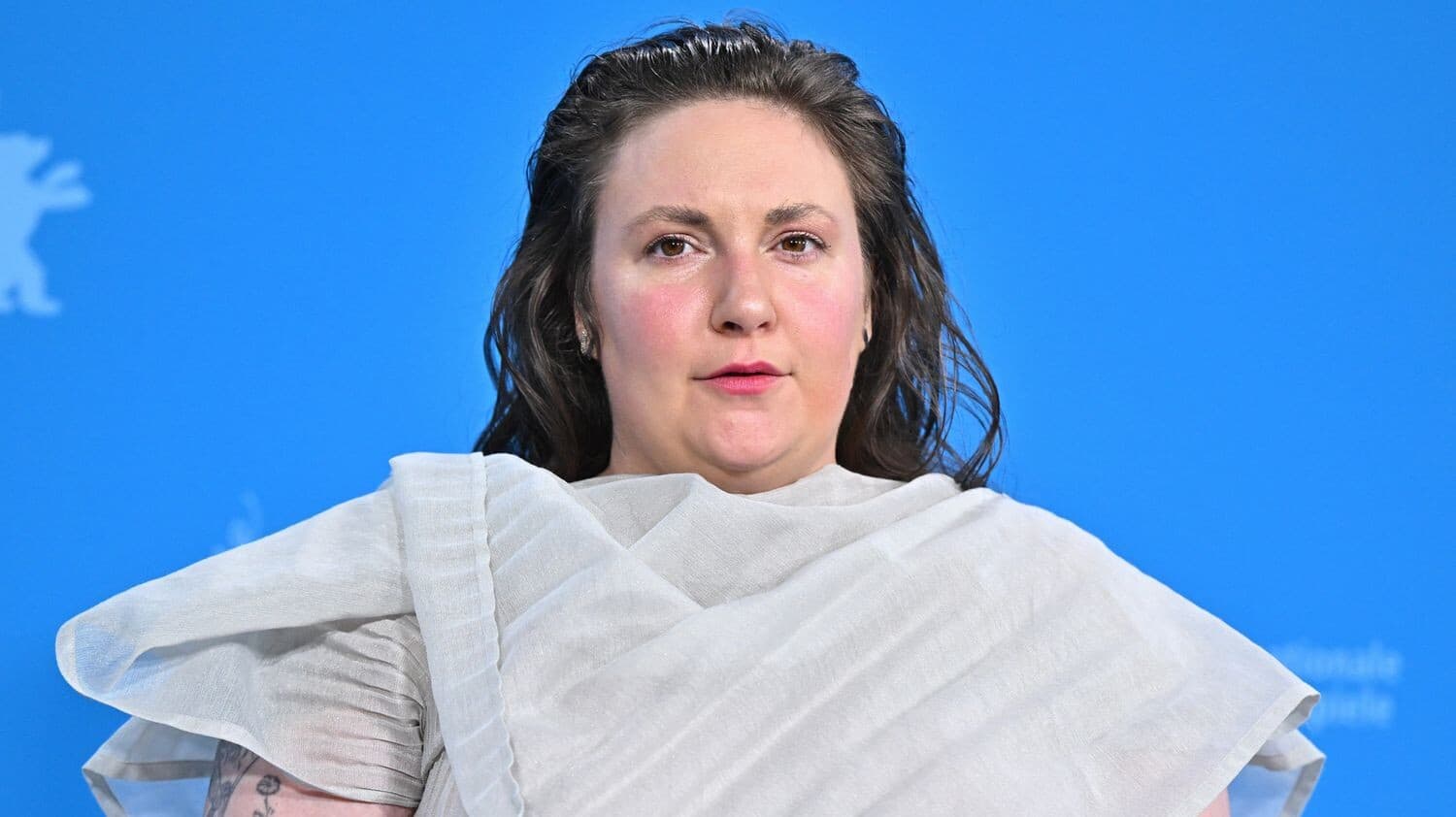
Body shaming makes Lena Dunham step back from acting
What's the story
Lena Dunham, the creator of the acclaimed series Girls, has decided not to act in her forthcoming Netflix series Too Much. Speaking to The New Yorker, she cited prioritizing her mental health as the reason. "Physically, I was just not up for having my body dissected again," Dunham explained. The semi-autobiographical comedy series is set for a 2025 release and mirrors Dunham's life as an American woman who relocates to London and falls in love with a British musician.
Casting
Megan Stalter to star in Dunham's Netflix series
Originally set to play the lead role in Too Much, Dunham has chosen Megan Stalter as her replacement. Describing her experience working with Stalter, Dunham likened it to collaborating with "a little Meryl Streep." She expressed high praise for Stalter, stating, "She's unbelievable; I think people are going to be so blown away." The decision not to act was a challenging one for Dunham, who was unwilling to relive the scrutiny she faced during her time on Girls.
Perspective
Dunham redefines success, shuns social media
Dunham has shared her evolved understanding of success. "I used to think that winning meant you just keep doing it and you don't care what anybody thinks," she said. Now, she believes true success lies in self-protection and continuing to create work. For the past six years, Dunham has chosen to stay off social media platforms, criticizing them for their lack of protection toward women and minorities. She stated that distancing herself from these platforms was necessary for personal growth.
Departure
Dunham steps down from directing Polly Pocket film
Besides stepping back from acting in Too Much, Dunham will also not direct Mattel's Polly Pocket film featuring Lily Collins. Despite having worked on the script for three years, she felt unable to bring the same level of commitment as Greta Gerwig did with Barbie. "I felt like, unless I can do it that way, I'm not going to do it," she explained. Dunham believes her next should be one that she feels compelled and uniquely qualified to create.